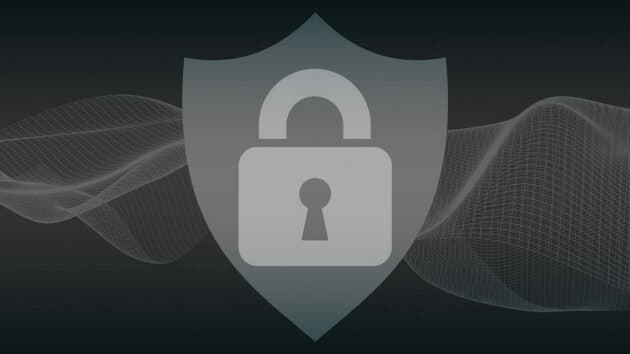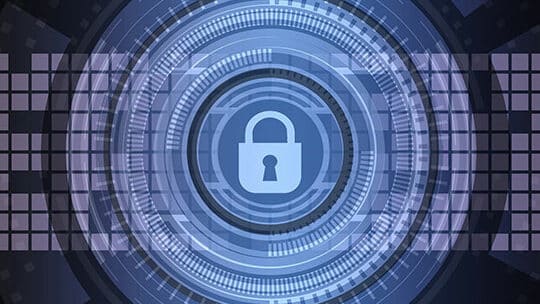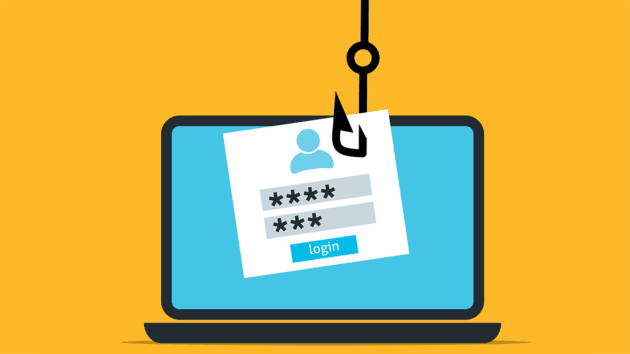With the world’s technological advancements and the continuous invention of tools through the internet, many opportunities and ways are developed to achieve growth and success in whichever field is available. New and existing businesses are not an exception.
However, these online advancements can also come with undesirable threats that have posed concerns to most of its users. Thus, online protection and security have played a vital role in the internet. As most businesses have their own websites to enhance processes and operations, relevant data about the company and clients are stored in one unified database.
Given that, necessary actions must be made to ensure that all data is safe from potential risks and harm. But how can businesses efficiently protect these data? And what are the ways to maintain cyber security? Read on to learn more about website security and its importance.
Website security and common threats

Before getting into the importance of web security, it is first essential to know and understand what it is. Website security protects the computer system, including personal and organizational websites, from threats, risks, and attacks like hacks and web scraping.
Hacking is a fraudulent activity that involves unauthorized access to computer systems or networks, leading to invasion of privacy, exploitation of personal or business data, and damage to digital data. This act is commonly done through cracking passwords algorithm or phishing. Meanwhile, web scraping uses automated bots to collect website data for malicious purposes like content reselling, etc.
These web scraping bots find ways and opportunities to exploit a site’s security. According to this article on bot traffic by Distl, it’s crucial for webmasters to be vigilant in identifying malicious bot traffic and providing security measures in place against bot attacks. This is crucial because bot traffic can affect a website’s speed and some alternatives for web security and handling website traffic.
Distl further writes, “We also recommend using a Content Delivery Network (CDN), like Cloudflare, that’s designed to be better at handling large amounts of traffic. If you don’t want to use a CDN, we recommend you use a caching plugin like WP Rocket or build a static site using something like Gatsby.”
Importance of website security

The negative impact of breaches of websites can significantly affect your business. But enough attention and priority to website security to ensure nothing is compromised can make a difference. The importance of website security includes the following:
Recommended for you: 13 Fantastic Ways to Improve Your Website Security.
1. Protect client’s data
Client safety and satisfaction should be any business’s priority. One way to achieve this is by ensuring that all clients’ personal information is protected.
Why is this important? A business that adequately provides and satisfies its clients’ needs and protects their information is more likely to build trust and achieve long-term success in the industry.
Client trust comes with the faith that everything a business provides, including personal contact information and other sensitive data like credit card details, is safe and consistently protected in your care. Maintaining website protection can help avoid security breaches, disclosures, and possible data hacks, which threaten business growth and client distrust.
Your business success will depend on how you use effective measures to protect your client’s data. The inability to protect important data creates a gap between you and your client. It can lead to decreased customer confidence and the possibility of the business facing fines and lawsuits.
2. Protect assets
Securing your website is essential to protect your clients’ information and necessary action to protect your business’ assets. Your assets are vital to keeping your business going; thus, losing them can negatively impact your services. Safeguarding your website also indicates protecting your information and resources, including physical equipment.
Remember that hackers pose threats to personal information and install viruses on websites, eventually affecting physical machines like computers and many other devices. These malware threats can also infect any site visitor with one click. Good website security can protect your assets and clients from potential malware risks and harm.

3. Protect company reputation
A good business reputation equates to trustworthiness. If you are honest with your business, attracting the target market will be much easier for you to do. Moreover, a company with a strong reputation attracts good and loyal customers in the long run. People are more willing to spend on a trusted, highly-reputed business than those they think will only cause problems and harm to them.
Securing a website can ensure business longevity and a good company image. Thus, it would help if you avoid similar situations that can negatively impact your reputation, such as security breaches, so you remain trusted in the industry.
4. Prevent revenue loss
Consistently earning a profit is necessary for a business to survive. Revenue loss can occur due to external and internal factors. One internal factor includes the effects of unsecured websites. As mentioned above, the threat and effects of security breaches can decrease market trust and profit loss. A hack can lead to service downtime, thus affecting productivity and overall business operations.
Missing out a day or two on business to resolve similar challenges related to website hacking, etc., can threaten company security and its sales. When a site is hacked, it can be blacklisted, causing it to be unreachable to your customers and potential leads. Therefore, it eventually affects the products and services you offer.
A secure website can ensure the continuous operation of the business and maintain website functionality, which is vital to keep the business growing.
5. Help increase competition
No matter what industry you are in, competition exists. The business’s website security is one key factor in maintaining profitability and an edge against competitors.
Providing clients and your website the utmost attention and security can help grow more attention to the business’s existence and even to its ideal target market. Therefore, investing in the quality and security of the website can be one great way to help the business grow in no time.
How to keep your website secure?

Now that you understand website security and its importance, it is time for you to know how to keep them safe. Hackers tend to look for easy targets. By doing these steps, even a little opportunity to touch any information on your website will not be achievable for them. Here are ways to keep your website safe from digital threats.
You may like: 8 Strategies to Improve the Digital Asset Security.
Utilize a secure and strong password
There needs to be more than a three to fours character password to secure your data on the web. A password that includes a mixture of upper and lowercase letters, including the number and punctuation marks, is a good combination of a strong password.
Moreover, try also to use words that are not correlated to your website just so that it can create a more complex and secure password. Enabling multi-factor authentication ensures you get a heads-up when someone tries to access your website and data.
Backup files
A website’s data is considered digital data. As mentioned, everything that has been stored online is vulnerable to online threats and harm. One effective way to ensure that you won’t lose everything, should there be primary data failure that can occur, is to make sure you create a backup copy.
Backup files are vital in recovering or maintaining access to existing data in case the primary data has been affected, damaged, or became inaccessible due to online threats.

Limit sharing of login credentials
In most cases, website processes, operations, and campaigns may require more people to maintain quality and functionality. That’s why sharing login credentials may be needed. However, you must also be aware that sharing account credentials can harm your website’s security.
Therefore, it is crucial that you only share it with trusted people and those that are cautious enough when handling your account. Another way to consider is creating or assigning separate accounts for access. That way, you can control which accounts can access and which accounts to remove when needed.
Connect with a secure network
Being cautious enough and avoiding connecting to unknown and unsecured networks can help keep your website secure. Simply put, do not update your website just anywhere you are. Connecting your website and updating it in public libraries and coffee shops can possibly harm your site and its security.
Update software
Software updates can improve program features and device security. This can be a simple and helpful way to lower the risks, vulnerabilities, and flaws in a website’s security. This further achieves a safe and improved user experience.
What to do when your website gets hacked?

A website getting hacked is never a new thing for many, but it sure can be frustrating when the necessary action is not taken. When your website is hacked, you can check for viruses by buying a commercial antivirus. Next is to warn your users about the hacking. Then, change all your passwords and contact your hosting provider for professional help.
You may also like: What is the Role of Artificial Intelligence (AI) in Cybersecurity?
Conclusion

Running a business that involves the usage of a website and the internet generally takes a lot of work to secure and maintain. Thus, properly securing and protecting it from risks and harm is necessary so you won’t waste any of your hard work from cyber attacks.
Always remember that it is easier to protect a website early from threats than to find yourself in a position where you have to start from scratch again. Your website protection is important in keeping all data safe and secure.





